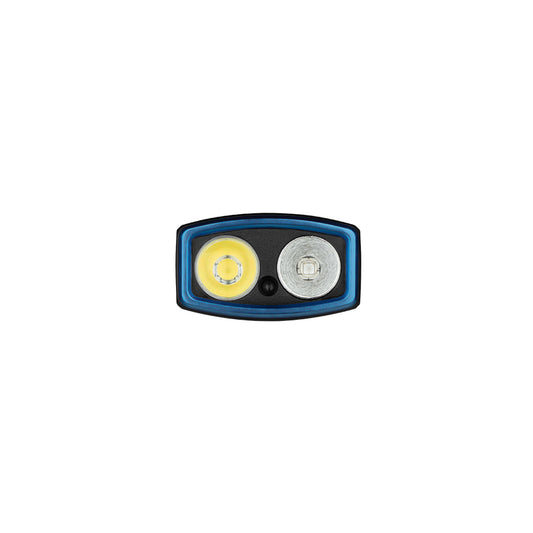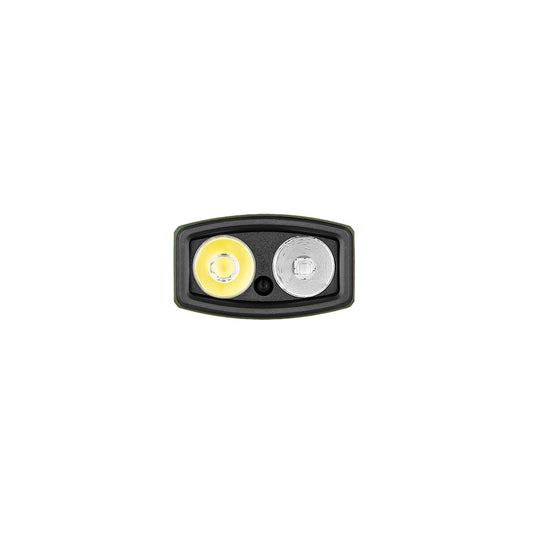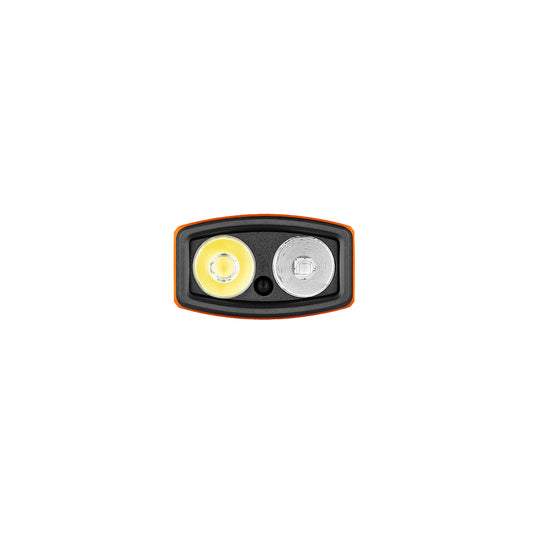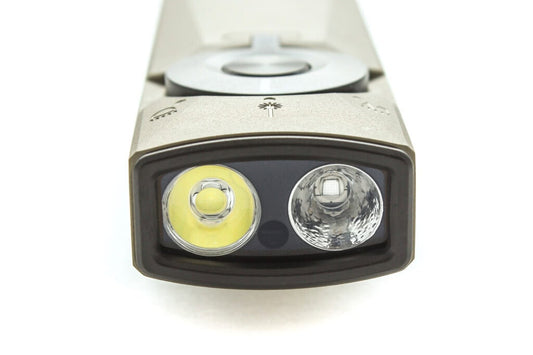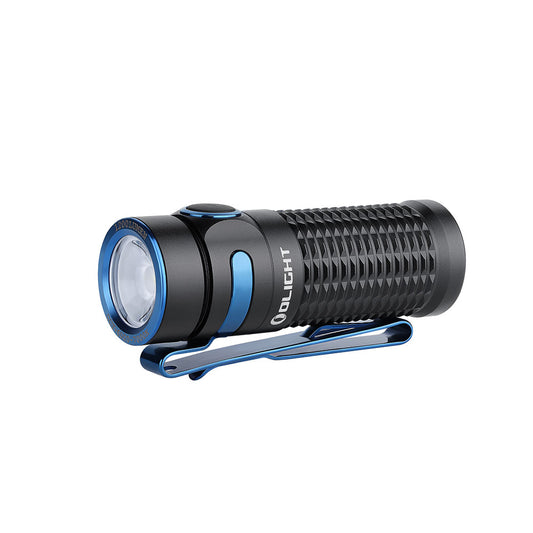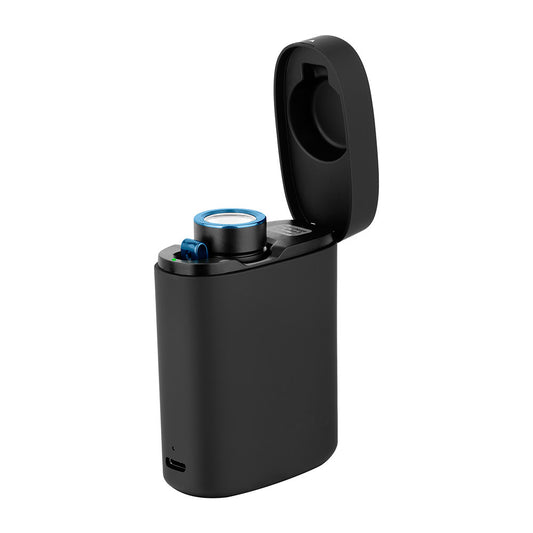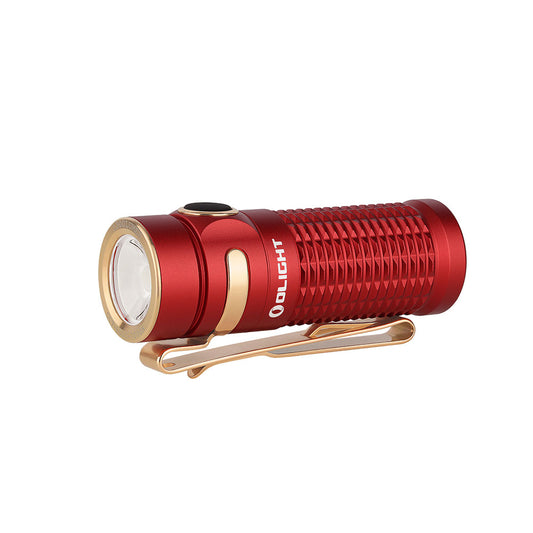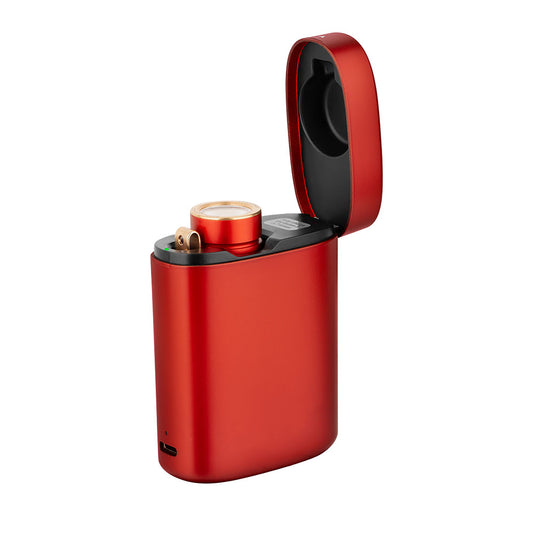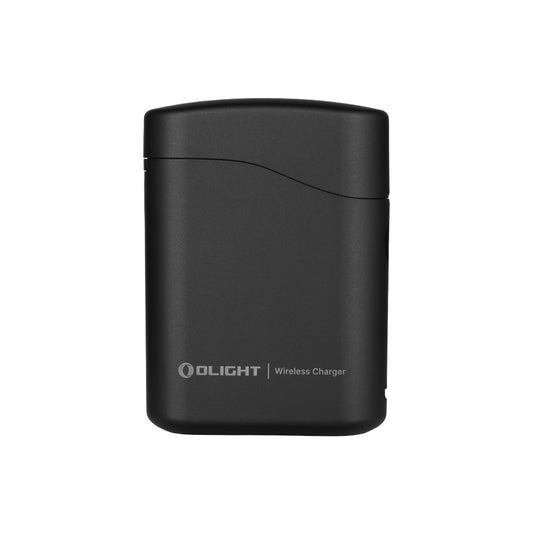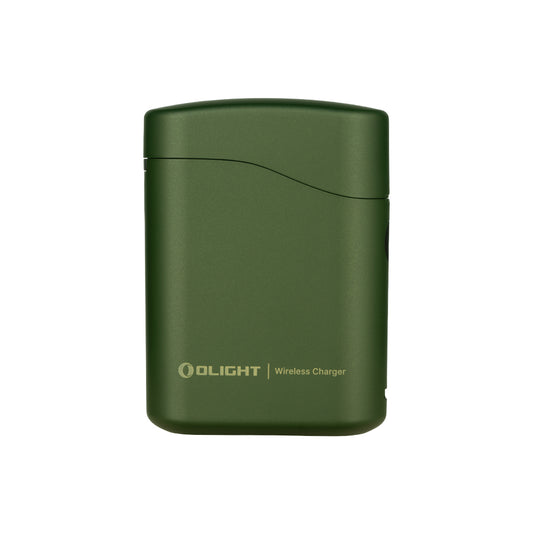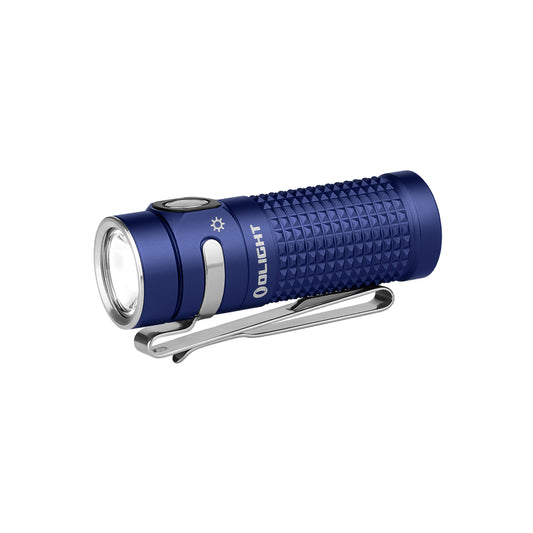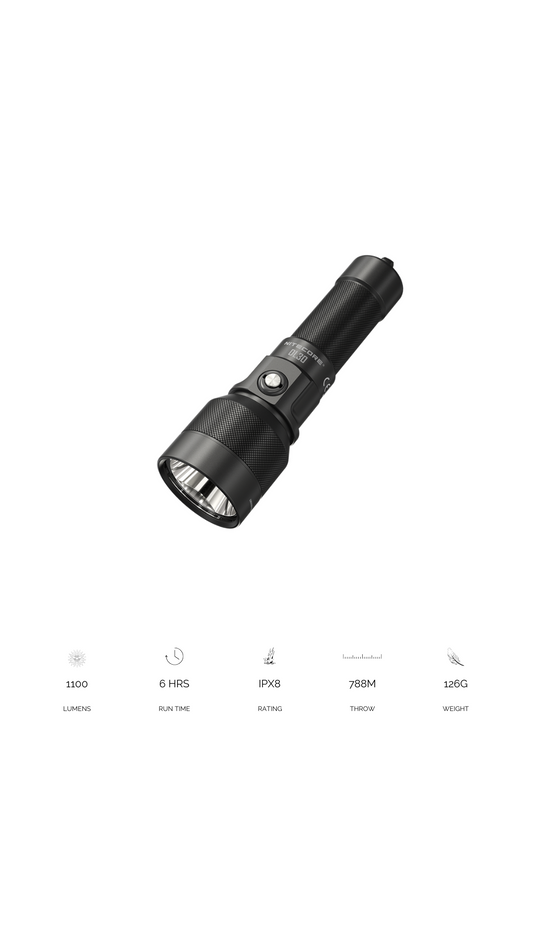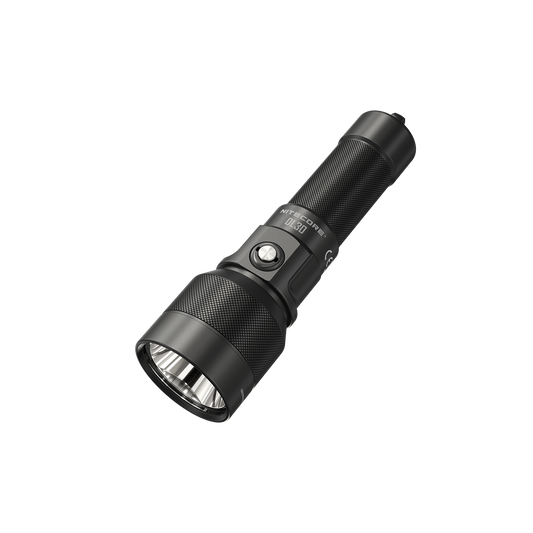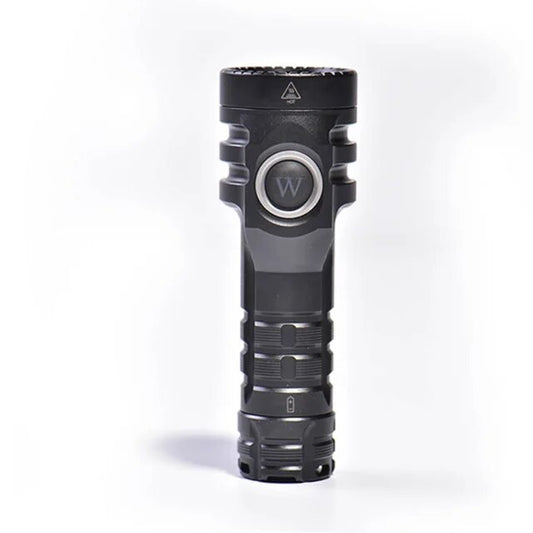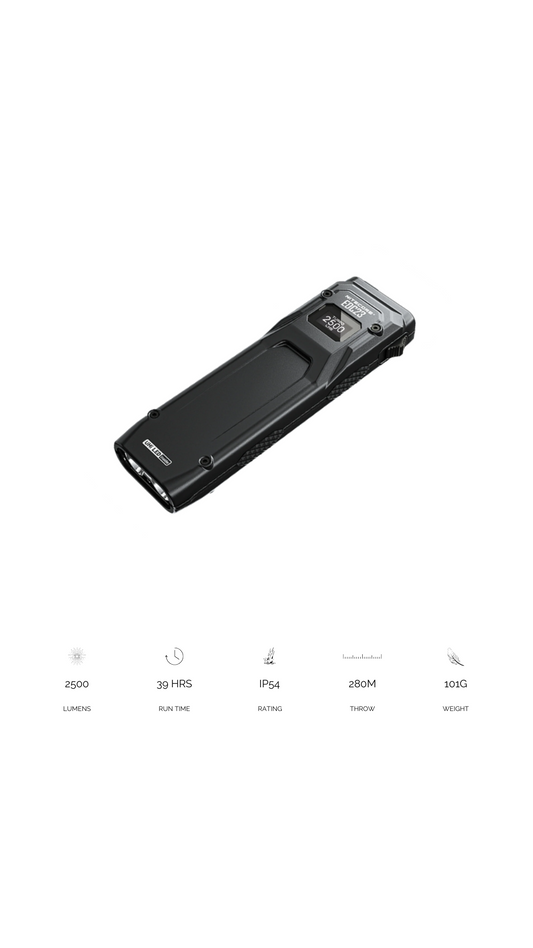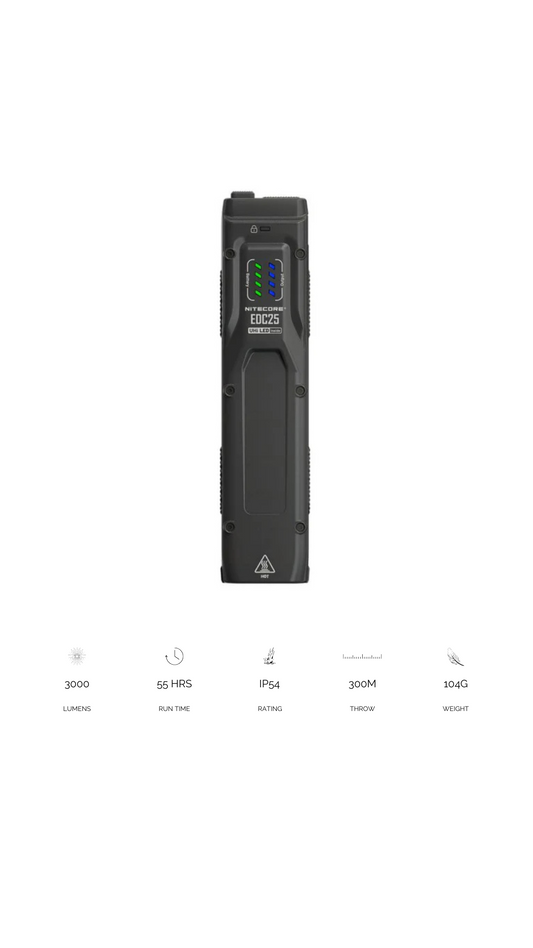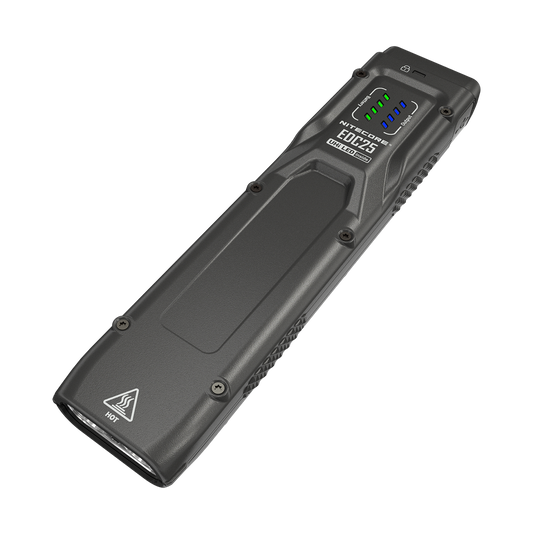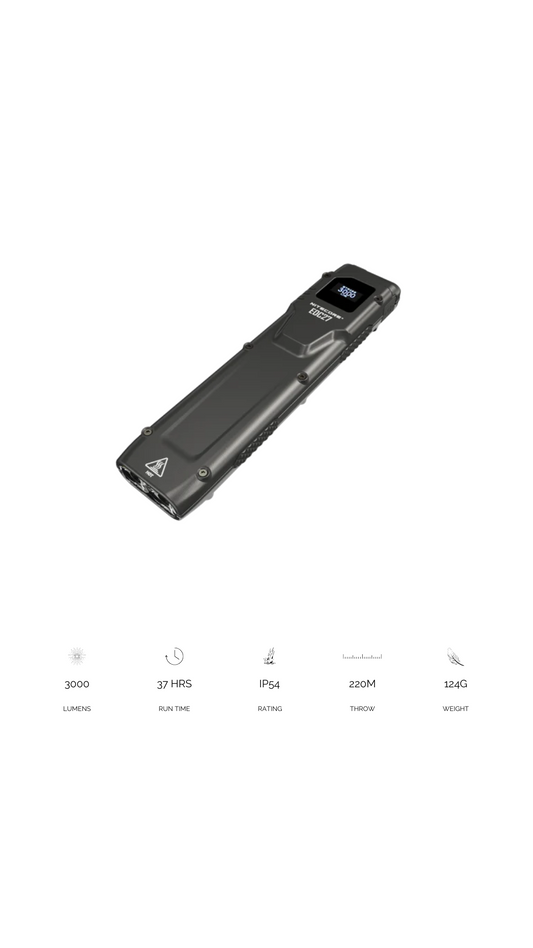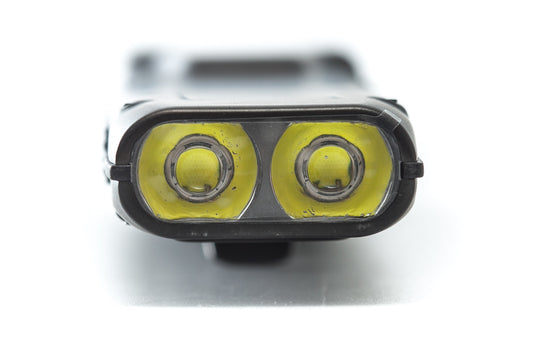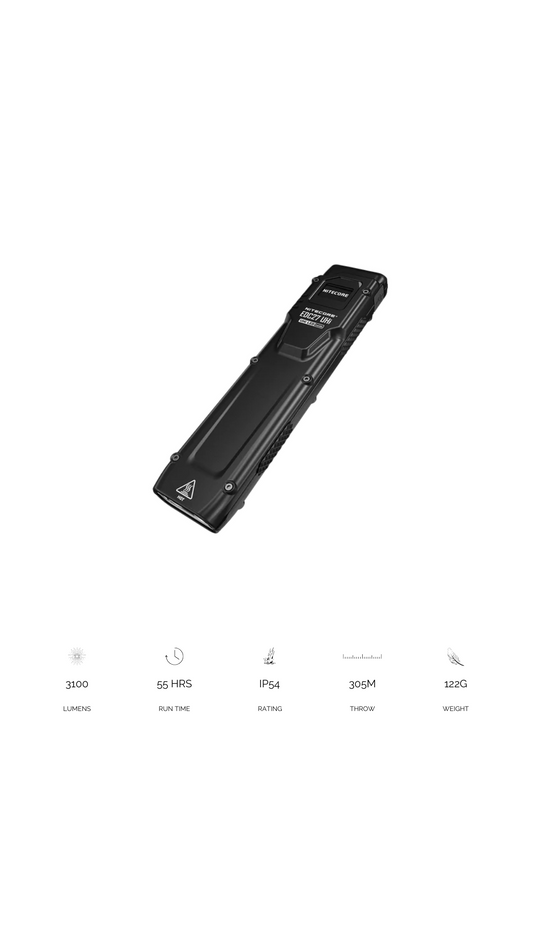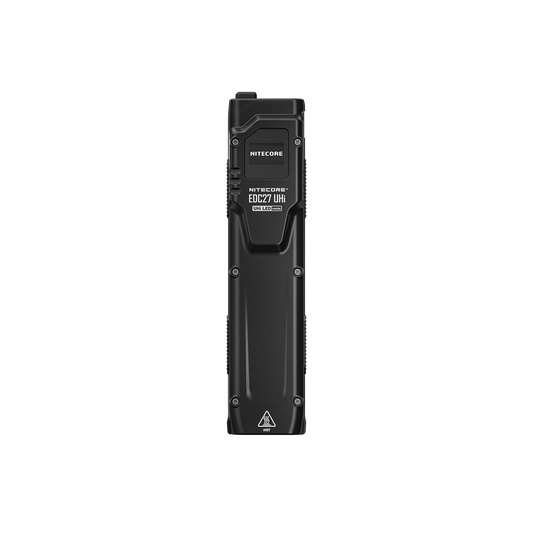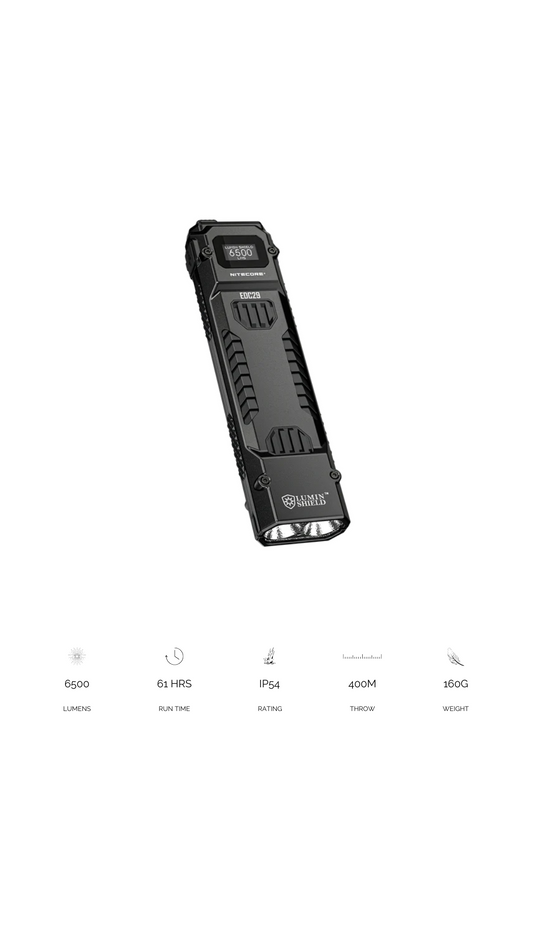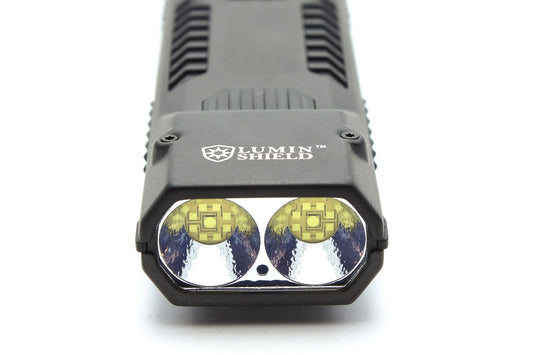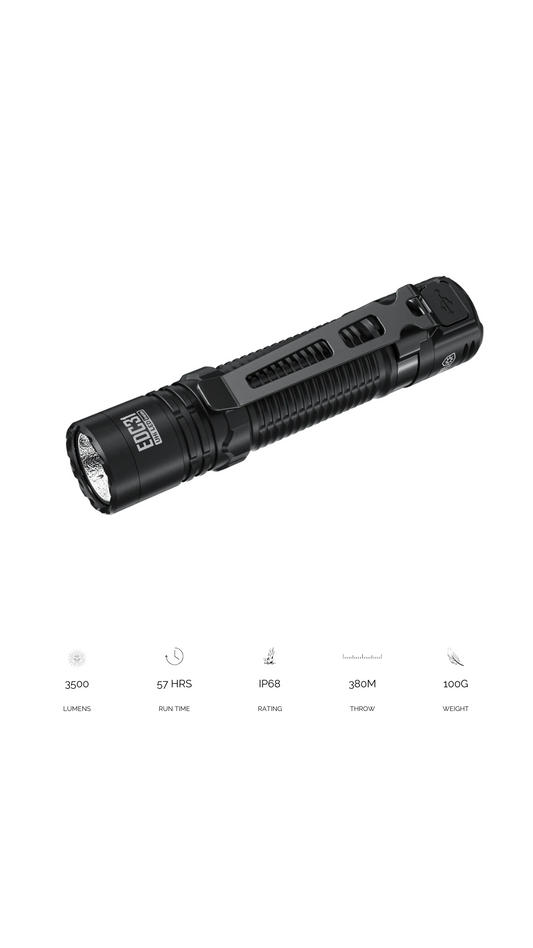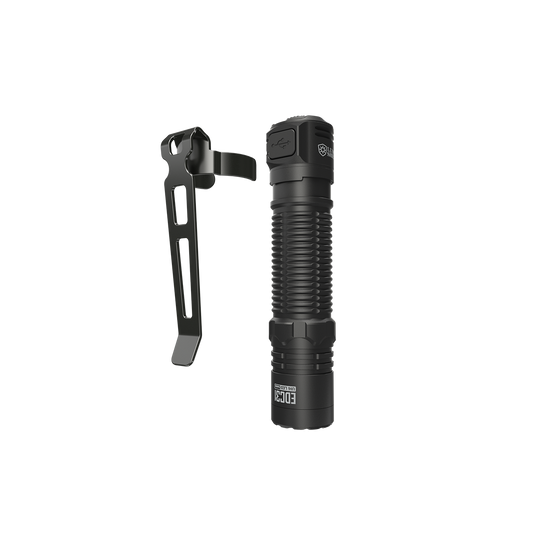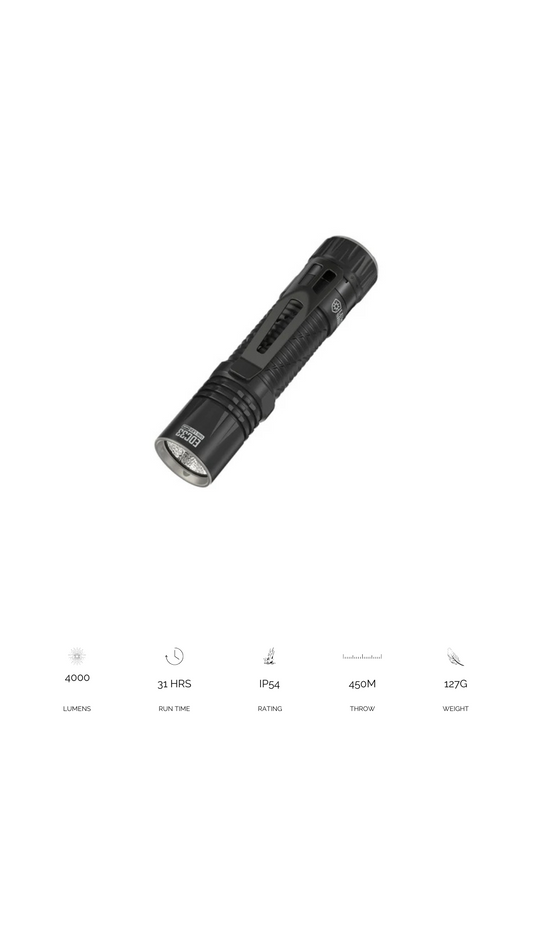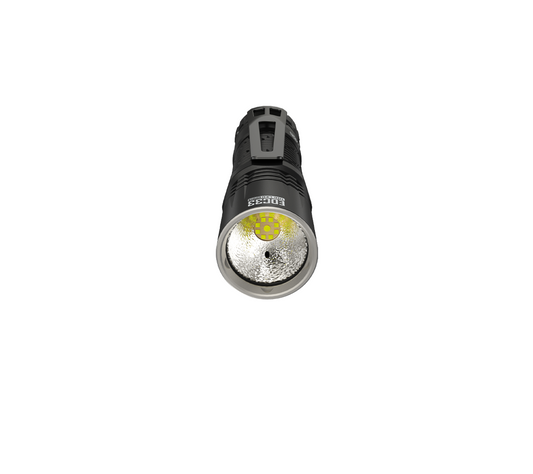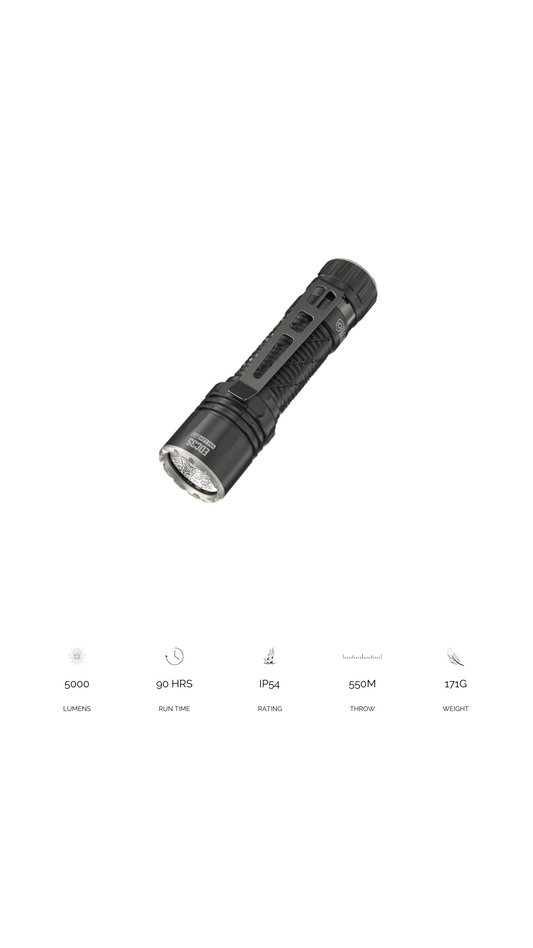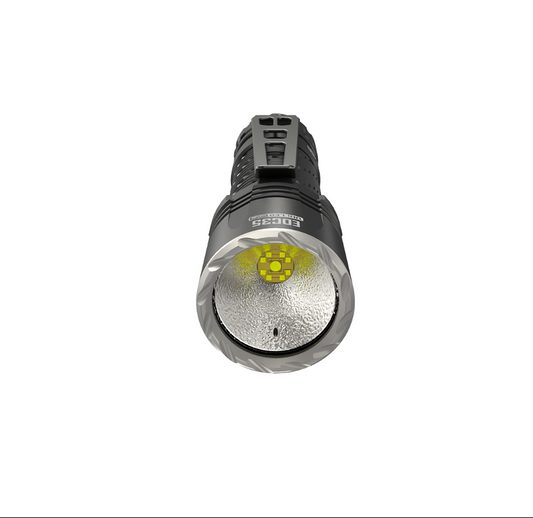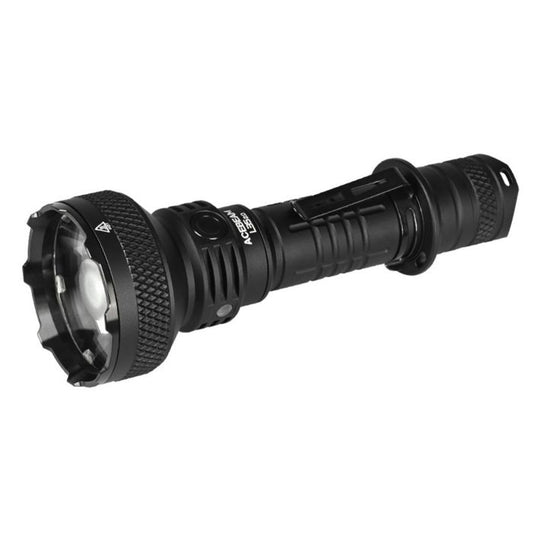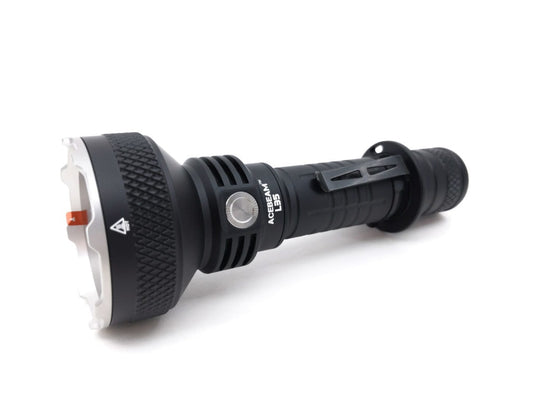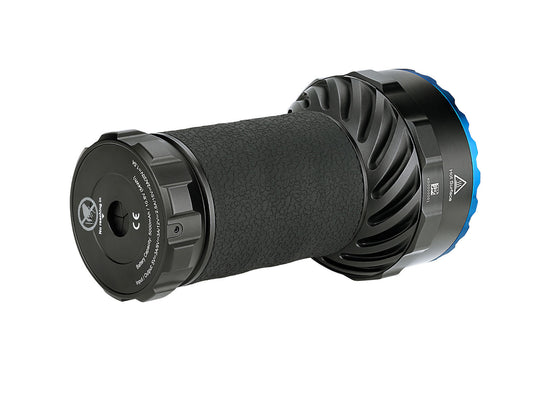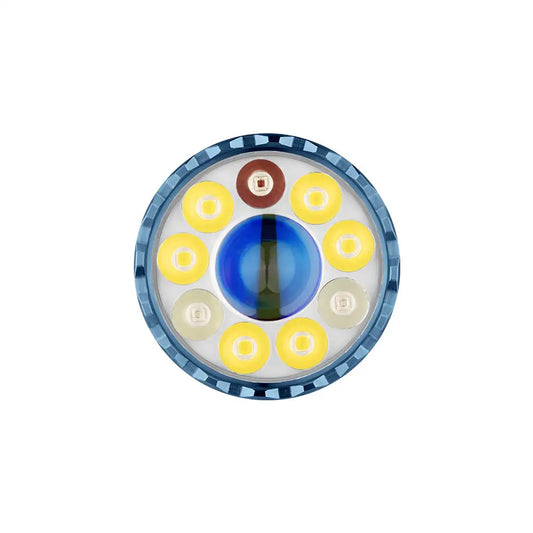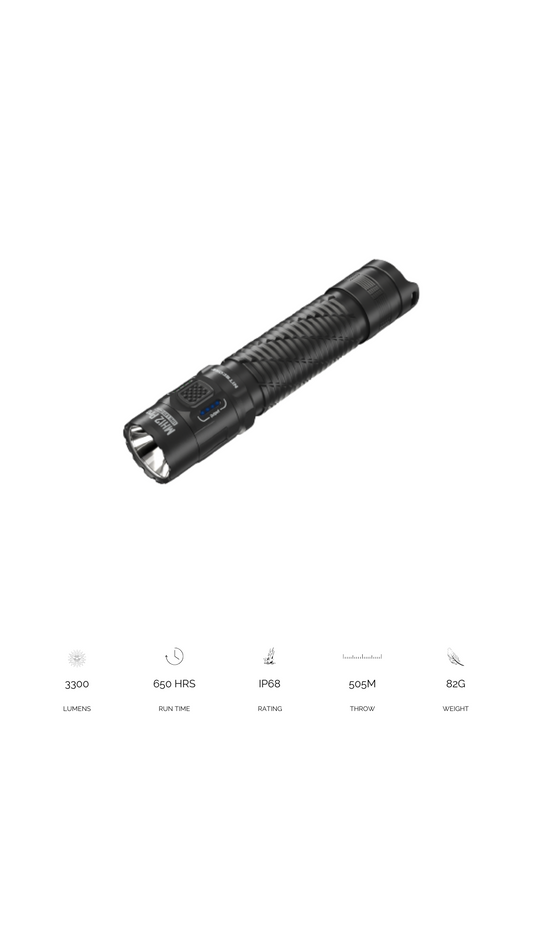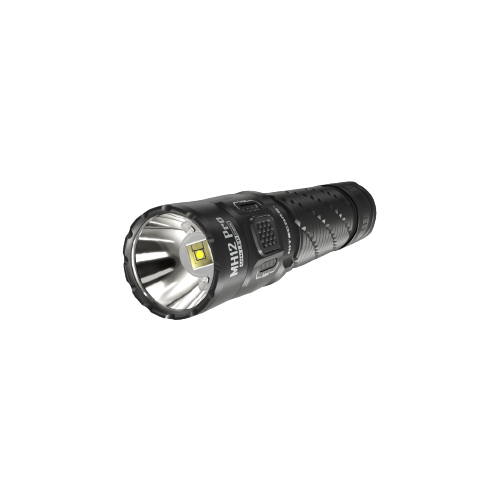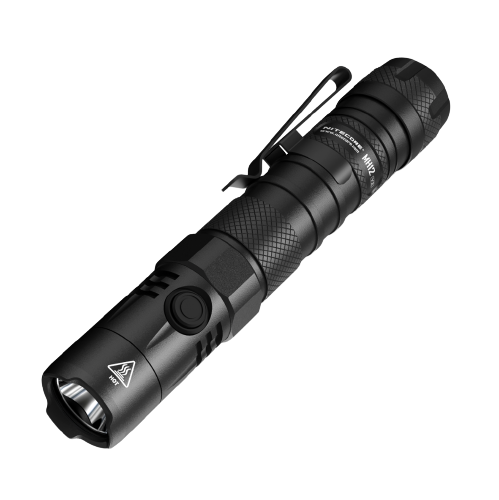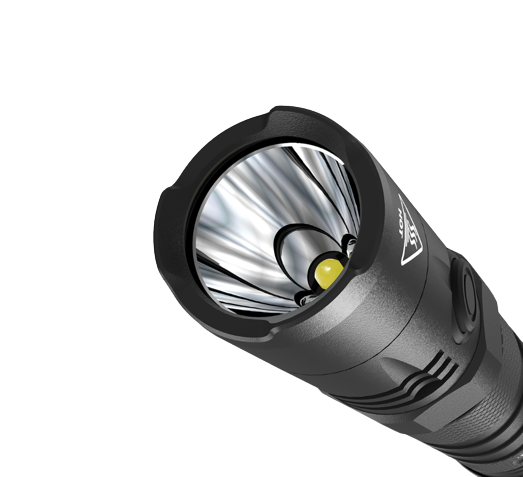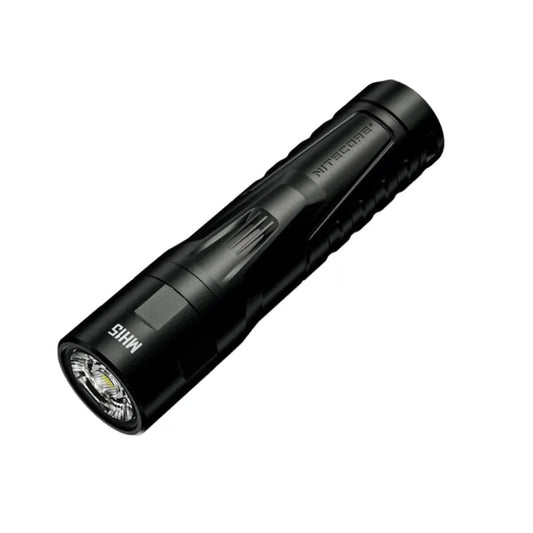
RFID Blocking Wallets: Debunking Myths and Exploring Necessity
In our modern age of digital innovation, the protection of personal data has become an absolute imperative. With the advent of contactless payments and electronic identification systems, the demand for RFID blocking wallets has skyrocketed, as they are hailed as the ultimate guardians of your sensitive information. However, the question remains: do these wallets truly deliver on their promises, or are they simply the result of clever marketing? In this comprehensive exploration, we will delve into the world of RFID blocking wallets, demystify the technology behind them, and assess their actual necessity.
1. Demystifying RFID Technology
To fully grasp the significance of RFID blocking wallets, it is crucial to understand the fundamental principles of RFID technology. RFID, an acronym for Radio-Frequency Identification, operates by utilizing electromagnetic fields to identify and track objects or individuals. It finds application in a wide range of sectors, including inventory tracking, contactless payments, and passport authentication.
At the core of RFID systems are readers and tiny chips embedded in cards, passports, or even clothing. When the chip comes into proximity with the reader, it communicates via radio waves, transmitting stored data. While RFID technology offers undeniable convenience, it has also raised concerns about data theft.
2. Unmasking the Myth: The Reality of RFID Data Theft
The central premise behind RFID blocking wallets is their ability to thwart unauthorized data theft using portable RFID readers. This concept suggests that these readers can intercept data from RFID-enabled cards, such as credit cards and passports, without the cardholder's knowledge. However, the actual scenario is more nuanced.
RFID data theft, commonly known as "skimming," is theoretically possible but highly uncommon. Perpetrators would need to be in close proximity (typically within a few inches) to successfully skim data. Furthermore, modern credit cards and passports come equipped with robust security features to deter unauthorized access.
3. The Reality of RFID Blocking Wallets: Separating Fact from Fiction
RFID blocking wallets aim to counteract the perceived threat by creating a barrier that impedes electromagnetic signals. These wallets often feature materials designed to block or interfere with RFID radio waves. However, the effectiveness of RFID blocking wallets varies significantly.
The efficacy of an RFID blocking wallet hinges on the quality of materials used and the wallet's design. While well-crafted RFID blocking wallets can offer protection against unauthorized scanning, not all wallets are created equal. Some lower-quality options may provide minimal protection.
4. Do You Really Need an RFID Blocking Wallet? Assessing the True Need
For most individuals, the risk of falling victim to RFID data theft is minimal. Credit card companies and passport manufacturers continually enhance security, rendering unauthorized access increasingly challenging.
To address concerns about RFID data theft, consider the following practical steps:
- Stay Informed: Keep yourself updated on the latest security features and risks related to your cards and identification documents.
- Handle Your Wallet Securely: Practice prudent wallet security, such as keeping it in an inside pocket and maintaining vigilance in crowded areas.
- Use Wallets with Built-in Security Features: Some credit card holders and passport covers come equipped with integrated security features.
- Limit Exposure: Keep only necessary RFID cards and documents in your wallet, leaving non-essential items at home.
- Explore Alternatives: If you remain concerned, inquire with your bank about obtaining a non-RFID credit card or consider using a traditional passport cover.
5. The Core Issue: RFID, Wallets, and Their Practicality
This discussion focuses on RFID blocking wallets, rather than RFID technology itself. RFID and NFC (Near Field Communication) are valuable technologies that streamline daily life. The central question pertains to the necessity of an RFID blocking wallet.
To provide a well-informed response, it is crucial to understand how credit cards function and the types of theft they may be vulnerable to.
6. Demystifying RFID and NFC: Clarifying the Technologies
Understanding RFID and NFC is vital in evaluating the necessity of RFID blocking wallets.
If your card features both a chip and a magnetic stripe, it may be vulnerable to theft through various methods. It's essential to differentiate between chip and pin, chip and signature, swipe and pin, and cards with just a magnetic stripe. The security levels vary, with chip and pin being the most secure and a magnetic stripe being the least.
7. Assessing RFID Protection: Is It Truly Necessary?
The effectiveness of RFID blocking wallets varies, and not all wallets provide comprehensive protection. The choice of whether to invest in an RFID blocking wallet should be based on your specific concerns, risk tolerance, and the security features of your credit cards and identification documents.
In most cases, the risk of RFID data theft is minimal. While RFID blocking wallets may offer a degree of peace of mind, their necessity for the average individual remains debatable.
8. Understanding Credit Card Theft: Physical and Digital Realities
Credit card theft can be classified into physical and digital categories, each presenting unique challenges and security considerations.
9. Guarding Against Physical Theft: Skimmers, Shimmers, and More
Physical theft often involves situations like wallet loss or the installation of skimmers and shimmers on machines such as ATMs and gas pumps. These devices capture data from the magnetic stripe during transactions, but their relevance to the RFID blocking wallet discussion is limited.
10. Digital Theft: The Real Threat: Unmasking the Primary Concern
Digital theft, the most common form of credit card theft, involves unauthorized transactions detected by your credit card company. This scenario may lead to notifications and inquiries about potentially fraudulent activity.
11. The Role of Banks and Legal Safeguards: Shifting Liability in Credit Card Fraud
Non-liability consumer protection laws have shifted liability for fraud from cardholders to banks. While this shift offers protection to consumers, it also imposes a significant burden on banks, which lose billions of dollars annually due to fraud.
To mitigate losses, banks employ sophisticated systems that monitor card usage patterns, travel plans, and purchase history. They utilize data relationships with travel providers and associated banking systems to build customer profiles, negating the need for travelers to notify their bank of upcoming trips.
12. Dispelling the RFID Sniffing Myth: Separating Fact from Fiction
Despite the marketing hype around RFID sniffing, real-world data does not support the idea of rampant RFID data theft through "sniffing." Digital theft remains the most prevalent form of credit card information security compromise.
13. Do You NEED RFID in Your Wallet? Evaluating the True Requirement
In the realm of RFID blocking wallets, necessity is not clear-cut. These wallets do not offer significant protection against digital theft, physical theft, or card cloning for most individuals.
However, if you remain concerned about RFID data theft, consider using RFID blocking cards or sleeves within your existing wallet. These solutions provide protection without limiting your wallet choices.
14. Concluding Thoughts: Making Informed Decisions for Data Protection
In conclusion, the necessity of RFID blocking wallets depends on individual preferences and risk tolerance. While these wallets may offer peace of mind, they are not a one-size-fits-all solution for all forms of credit card theft.
As technology evolves, we will continue to monitor and provide updates on this topic. Making informed decisions about your personal data protection is crucial, and understanding the facts surrounding RFID blocking wallets is a significant step in that direction.
By staying informed and making conscious choices, you can ensure your data remains secure while enjoying the benefits of RFID technology in our increasingly digital world.


